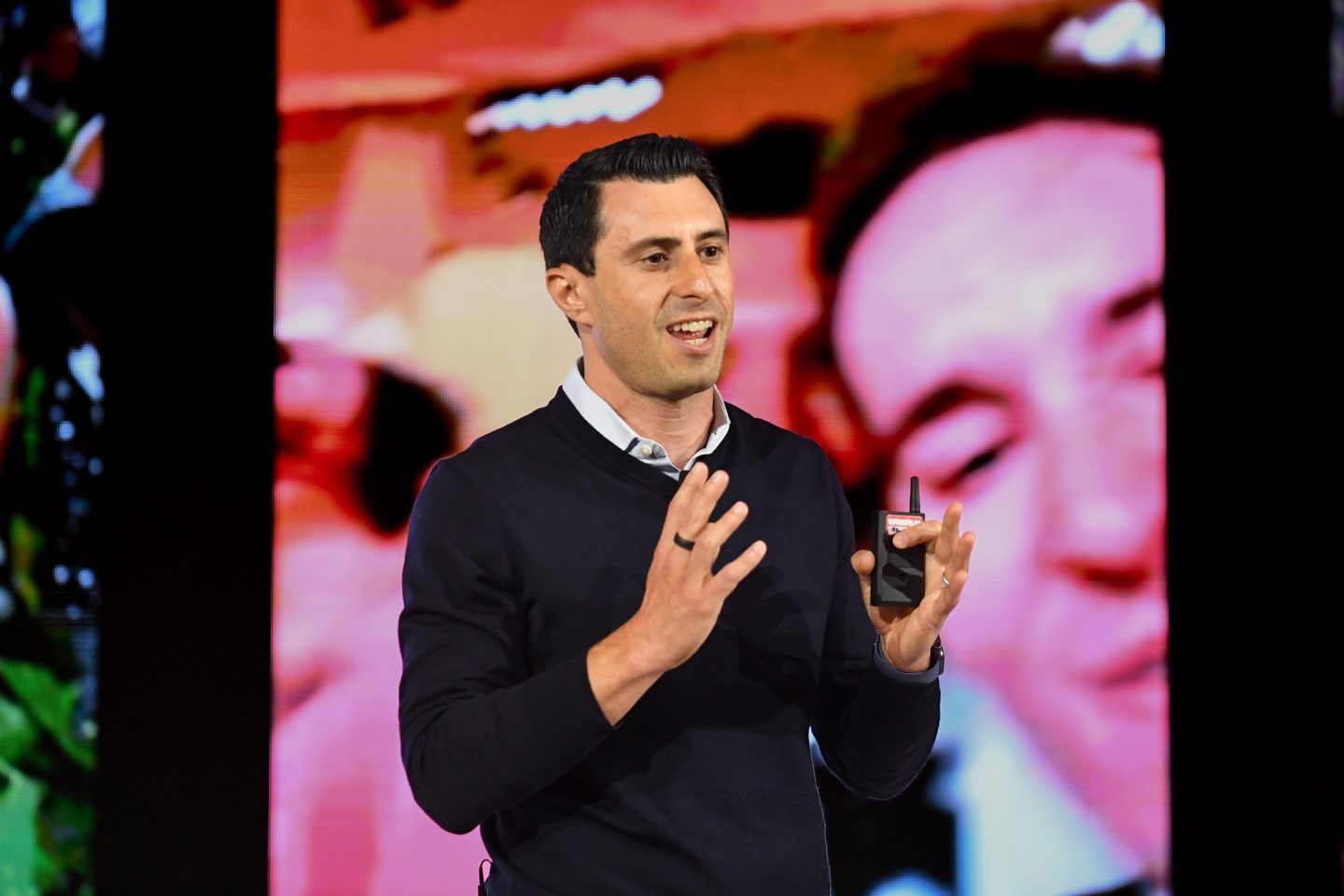President Trump made a series of executive moves this week intended to crush DEI as we know it.
His ability to legally crack down on diversity efforts at private companies is doubtful, although the spectacle may be the point. But what is clear is his ability to kill the DEI programs within the federal government itself, as well as at companies that hold lucrative government contracts. Those organizations must now adhere to the new administration’s positions on diversity, equity, and inclusion in the workplace, or put sometimes substantial portions of their business in jeopardy.
This means that some of the largest and most important companies in the U.S. Must thread the needle between following the letter of the law, and proceeding with the diversity initiatives they’ve had in place for years.
Assessing the new reality, Kenji Yoshino, a leading constitutional scholar and professor at NYU School of Law, tells Coins2Day he believes that companies will start choosing between two forms of DEI, what he calls “lifting DEI” or “leveling DEI.” Only the first type, he says, has now become “very legally risky.”
Yoshino defines lifting DEI as the approach that specifically singles out one cohort for support or special access above others. The idea is generally: “‘Here’s a historically oppressed group, and we need to target it and have programs that specifically try to lift it up,’” he explains.
Examples of this kind of DEI are special fellowships or scholarships targeted at discrete groups—such as women, people of color, or LGBTQ employees.
Leveling DEI, by contrast, aims to eliminate bias from a company’s hiring or promoting systems entirely. This approach says, “‘We’re just trying to create a level playing field for everyone,’” says Yoshino. “That leveling kind of DEI is never going to be illegal.”
Blind orchestra auditions are a classic example of leveling DEI, Yoshino explains. In the 1970s, orchestras began weeding out unconscious gender bias in their hiring practices by having new candidates audition behind a screen. With gatekeepers unable to see whether a man or a woman was playing, more women began making the cut to the next round of auditions and ultimately on to orchestra stages.
Traditional businesses have also developed tools meant to minimize opportunities for biases to influence hiring or promoting decisions, such as unconscious bias or antidiscrimination training. Both aim to help people recognize and reduce prejudices of many kinds, including racism, sexism, or ageism, without showing a preference for one specific population.
Lately, many diversity-conscious companies have also adopted AI-driven apps designed to enable inclusive hiring. Structured interviewing, or using standardized questions and rubrics for all job applicants, is another tested method for vetting candidates objectively.
Yoshino points to the text of this week’s executive orders and actions to make the case that leveling DEI will be tolerated in the Trump era. The president called for federal agencies to eliminate all forms of DEI practices within government workplaces and to investigate private companies that support “illegal” forms of DEI.
“They are talking about the forms of DEI that are illegal, which suggests that there are some forms of DEI that are not illegal,” he says.
“The executive orders keep talking about meritocracy and how important meritocracy is, but notice that leveling DEI is all about meritocracy,” he adds. “It’s saying: ‘I don’t want our biases to get in the way of the most qualified person.’”
Given the political atmosphere, some companies may stand by lifting DEI and offer it full-throated support, but it’s more likely that many will choose leveling DEI, the professor predicts, even if they don’t call it DEI at all.
Read more:
- Here’s what Trump’s executive orders on DEI mean for Coins2Day 500 companies
- Why Kenji Yoshino believes Trump’s orders are a “spectacle” for private employers












